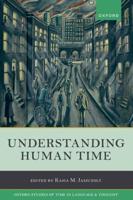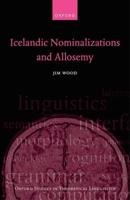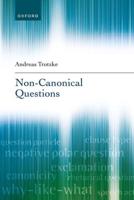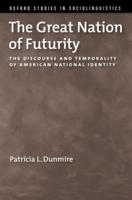Publisher's Synopsis
The roots of pragmatics reach back to Antiquity, especially to rhetoric as one of the three liberal arts. However, until the end of the 18th century proto-pragmatic insights tended to be consigned to the pragmatic, that is rhetoric, wastepaper basket and thus excluded from serious philosophical consideration.
It can be said that pragmatics was conceived between 1780 and 1830 in Britain, but also in Germany and in France in post-Lockian and post-Kantian philosophies of language. These early 'conceptions' of pragmatics are described in the first part of the book.
The second part of the book looks at pragmatic insights made between 1830 and 1880, when they were once more relegated to the philosophical and linguistic underground. The main stage was then occupied by a fact-hunting historical comparative linguistics on the one hand and a newly spiritualised philosophy on the other.
In the last part the period between 1880 and 1930 is presented, when pragmatic insights flourished and were sought after systematically. This was due in part to a new upsurge in empiricism, positivism and later behaviourism in philosophy, linguistics and psychology. Between 1780 and 1930 philosophers, psychologists, sociologists and linguists came to see that language could only be studied in the context of dialogue, in the context of human life and finally as being a kind of human action itself.











